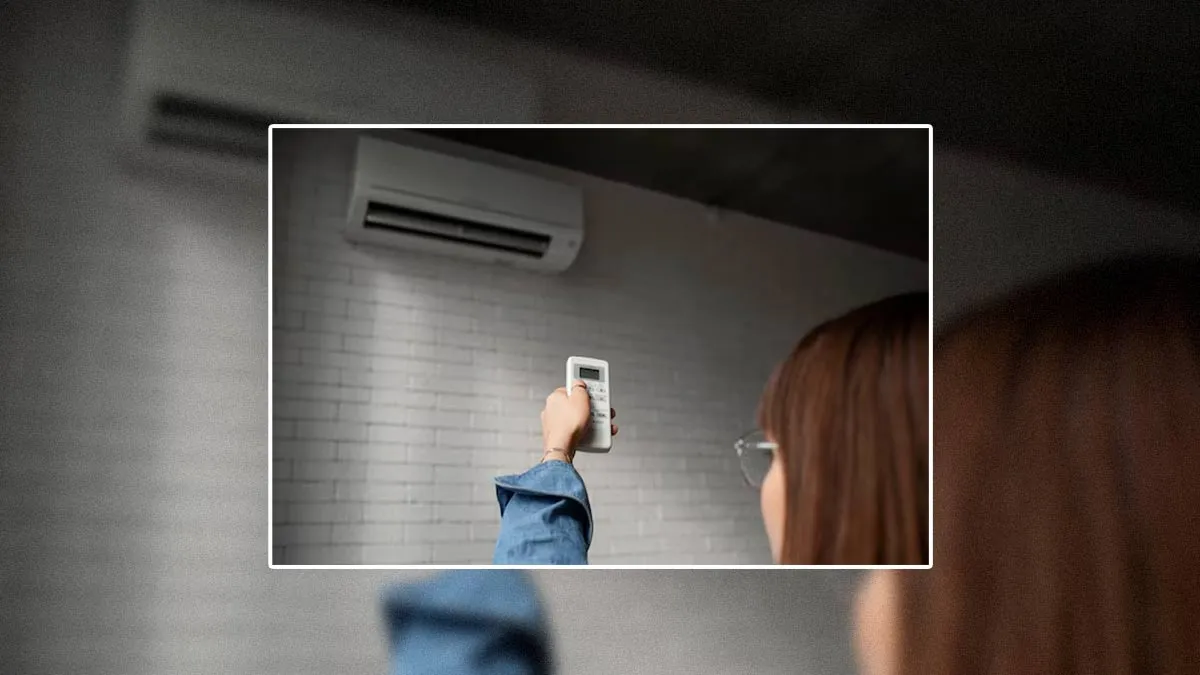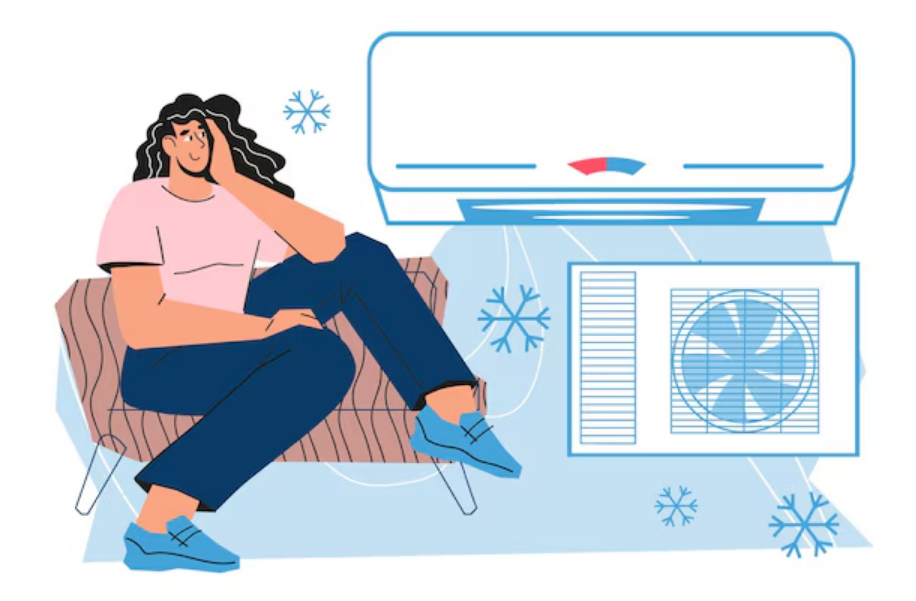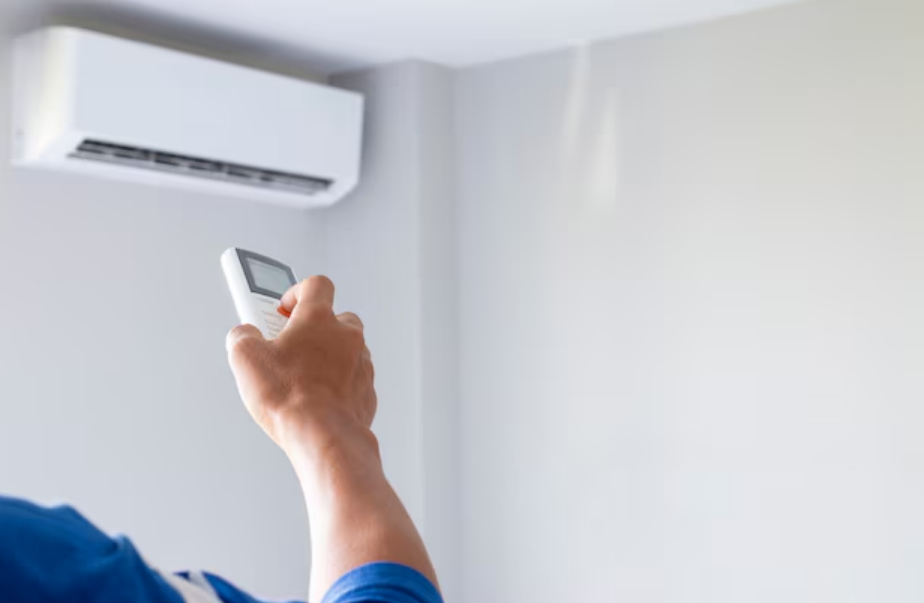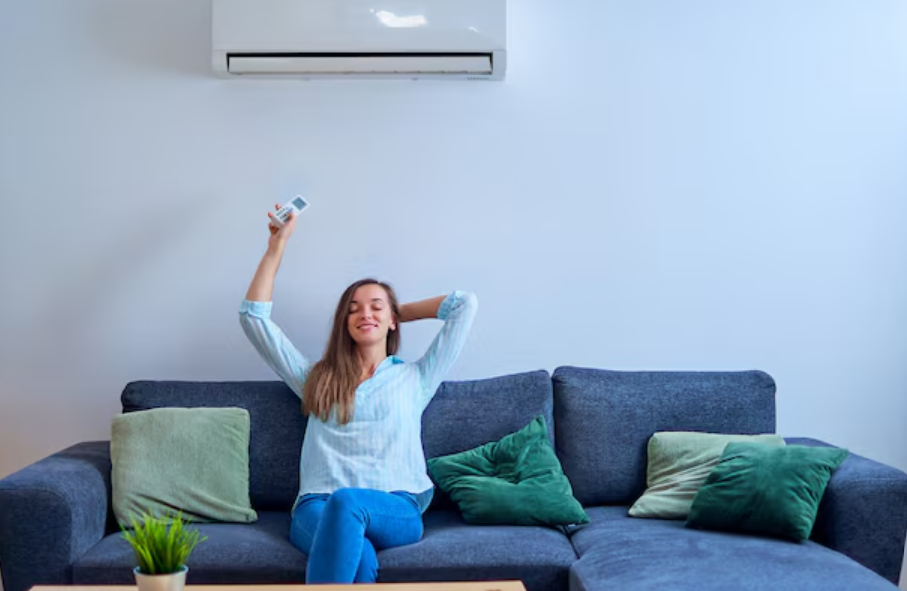
As summer temperatures soar across India, reaching 40-45 degrees Celsius in many regions, air conditioners have become essential survival tools. While these cooling systems provide much-needed relief from heat, medical experts caution that prolonged exposure to air-conditioned environments may lead to various health complications.
"Air conditioners lower both heat and humidity, providing relief from scorching weather and excessive sweating. However, excessive use can lead to the loss of moisture from the skin, hair, nose, and throat," explains Dr Rajesh Gupta, Senior Pulmonologist at Apollo Hospital, Mumbai.

Dr Gupta adds, "This dryness affects the mucus membranes, reducing their protective ability against bacteria and viruses. Spending substantial time in air-conditioned spaces can result in conditions like colds, coughs, and lower immunity."
Spending long hours in an air-conditioned room reduces moisture levels in the skin, leading to dryness, flakiness, and irritation. In severe cases, it can also accelerate ageing as the skin loses its elasticity, causing fine lines and wrinkles to appear earlier than expected.
ACs remove moisture from the environment, which can contribute to dehydration. As a result, individuals may experience increased thirst, lethargy, and fatigue. Experts recommend drinking plenty of water and taking breaks from AC exposure to maintain hydration.
People with pre-existing dry eye conditions may find their symptoms worsening in air-conditioned spaces. Reduced humidity levels can make the eyes feel itchy, red, and irritated.
Exposure to cold, dry air can alter the respiratory airway lining, making individuals more susceptible to colds, coughs, and infections. This risk is even higher for people with pre-existing conditions such as chronic obstructive pulmonary disease (COPD) and bronchial asthma. Poorly maintained AC units can also circulate dust, pollen, and mould, triggering allergies and respiratory illnesses.
Don't Miss: 7 HIV Symptoms In Women: Expert Reveals The First Warning Signs

"Excess usage of air conditioners can harm the skin," says Dr Priya Patel, Head of Dermatology at Max Healthcare, Chennai. "Air conditioning units tend to remove moisture from the indoor environment, indiscriminately leading to a dehumidifying effect, pulling the moisturiser off the skin due to cellular dehydration. This makes skin dry, stretchy, and itchy."
Air conditioning reduces the body’s ability to produce sweat, leading to decreased oil production. This makes the skin appear dull and unhealthy. The lack of natural oils can also cause the hair to become dry and brittle, increasing breakage.
People with conditions like eczema, rosacea, and psoriasis may find their symptoms worsening due to dry indoor air. The loss of moisture from the skin can trigger flare-ups and make existing skin issues harder to manage.
Health experts recommend taking regular breaks from air-conditioned environments and staying well-hydrated to counter these effects. Additionally, proper maintenance of AC units is crucial.
"The water discharge outlets need to be maintained to ensure there is no dampness in the AC unit or in the walls, which encourages the formation of fungi that negatively impact the lungs," warns Dr Sharma.

As temperatures continue to rise, finding a balance between staying cool and maintaining good health becomes increasingly important for the millions of Indians relying on air conditioning during the hot summer months.
Don't Miss: 8 Early Symptoms Of Gonorrhoea In Women, Expert Reveals What To Watch For
For more such stories, stay tuned to HerZindagi.
Image Courtesy: Freepik
Also watch this video
Herzindagi video
Our aim is to provide accurate, safe and expert verified information through our articles and social media handles. The remedies, advice and tips mentioned here are for general information only. Please consult your expert before trying any kind of health, beauty, life hacks or astrology related tips. For any feedback or complaint, contact us at [email protected].